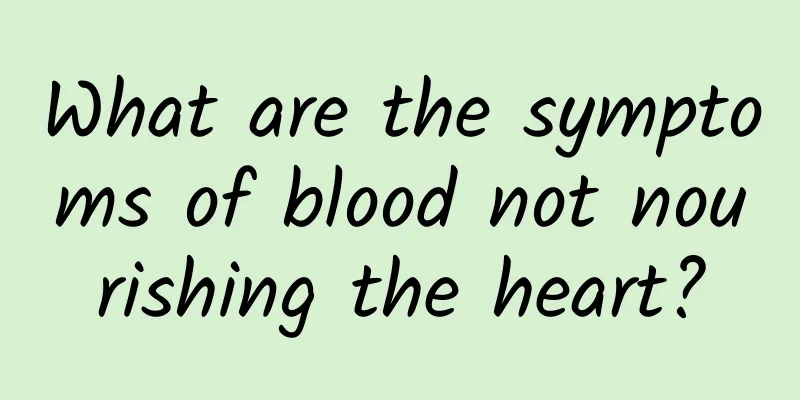Dietary care for hepatic encephalopathy

|
Hepatic encephalopathy is caused by more serious liver disease, which often leads to metabolic disorders and dysfunction of the central nervous system. Patients often have impaired consciousness, abnormal behavior, and prolonged coma. When hepatic encephalopathy occurs, in addition to regular treatment, dietary care should be strengthened. You can eat some high-protein foods, but the diet should not be rough. It should be low in salt and high in vitamins. Dietary care for hepatic encephalopathy A reasonable diet is an important part of preventing HEP. Liver disease patients have reduced immune function and weak gastrointestinal function. If they do not eat properly, they are very likely to have gastrointestinal dysfunction and cause water and electrolyte imbalance. A high-protein diet can cause the intestines to produce more ammonia, increase blood ammonia, and induce HEP, so protein intake should be controlled. Alcohol can cause serious damage to the liver and can aggravate liver cell necrosis. Guide patients to arrange their diet reasonably, ensure calorie intake, follow the principles of low salt, low protein, high vitamins, and moderate fat, and avoid eating rough, hard, crude fiber and irritating foods. Because liver cells of patients with cirrhosis are damaged, their ability to metabolize and tolerate protein is reduced. If they consume large amounts of protein, their blood ammonia may increase and induce hepatic encephalopathy. The protein intake should mainly be plant protein, because it contains more branched-chain amino acids, can retain intestinal bacteria and increase stool volume. <70g per day. For those who cannot control themselves, explain patiently and strictly monitor their eating situation, and ask their family members to cooperate. When the body is in a state of hunger, protein decomposition may increase, resulting in excessive ammonia production, which increases the risk of hepatic encephalopathy, so the supply of calories should be guaranteed. Prognosis The prognosis depends on the cause. The prognosis is better for patients with clear and easily eliminated causes (such as bleeding, potassium deficiency, etc.). The prognosis of hepatic encephalopathy caused by acute liver failure (severe viral hepatitis or drug-induced hepatitis) is more serious than that of cirrhosis with portosystemic shunt. People with ascites, jaundice, and bleeding tendency have very poor liver function and a poor prognosis. Hepatic encephalopathy caused by fulminant hepatic failure has the worst prognosis. Actively prevent and treat liver disease. Patients with liver disease should avoid all factors that may induce hepatic encephalopathy. Closely observe patients with liver disease, promptly detect the symptoms of the prodromal and coma stages of hepatic encephalopathy, and provide appropriate treatment. |
<<: Clinical manifestations of hepatic encephalopathy
>>: Treatment of hepatic encephalopathy
Recommend
Is it necessary to get the 23-valent pneumonia vaccine?
The 23-valent pneumococcal vaccine is actually a ...
What causes a sulcus tumor?
Causes 1. Pulmonary hamartoma The cause of the di...
Can sweat steaming help lose weight?
For girls who are planning to lose weight, they s...
What should I pay attention to in my diet for subacute thyroiditis?
Nowadays, there are many people with thyroid dise...
Precautions for taking Chinese medicine
We are generally accompanied by many diseases thr...
What causes neck pain?
The usual cervical pain is caused by cervical spo...
What does the AIDS red dot look like?
AIDS is a disease that is difficult to cure compl...
Treatment of laryngeal nerve injury
The throat is the most deadly part of our human b...
Can decayed teeth be filled?
Tooth decay, also known as caries, commonly known...
Why do my legs become weak after a cerebral infarction?
Patients with cerebral infarction will experience...
What should I do if I get ringworm on my face? Understand the cause and then treat
Common ringworms grow on the arms and back. Of co...
Baby's vomit is light red
When feeding your baby, no matter it is artificia...
Definition of Atrial Fibrillation
The heart is the most important part of the human...
The taboos of decocting Chinese medicine are fatal
Western medicine only treats the symptoms but not...
What to do if the elderly have vascular sclerosis
The phenomenon of vascular sclerosis is more comm...









